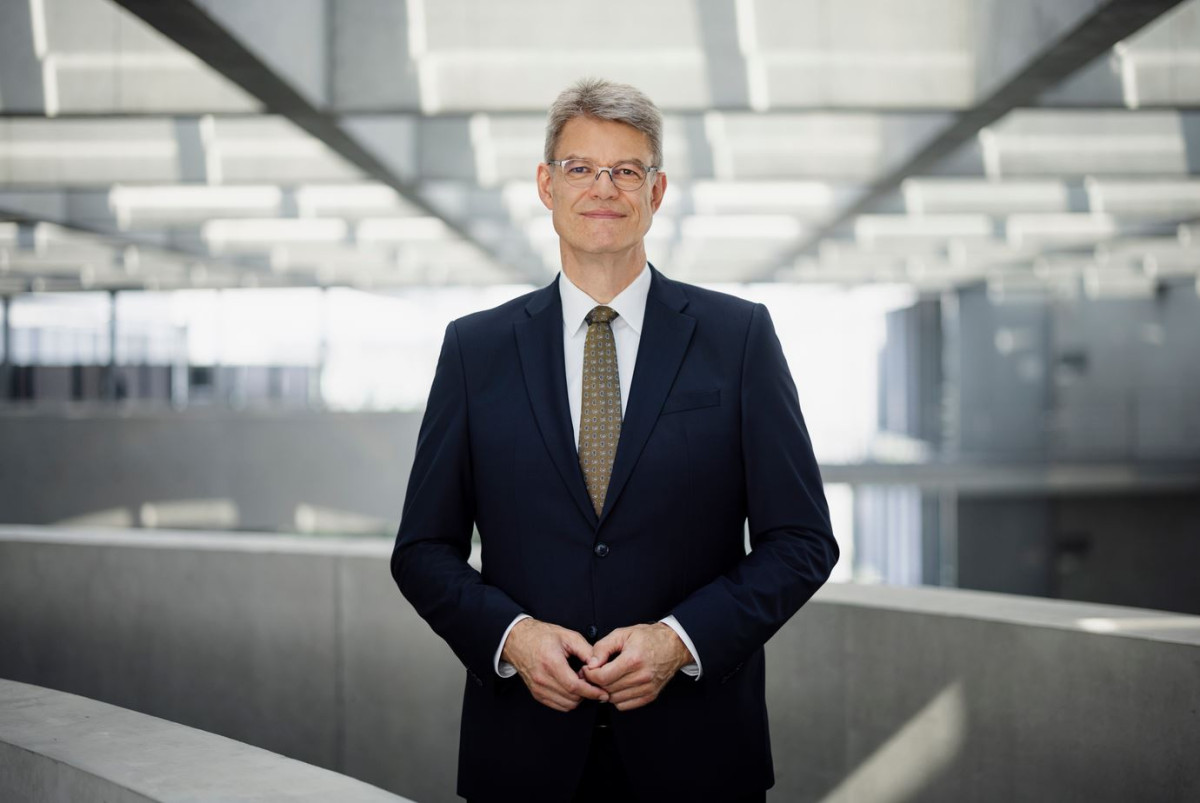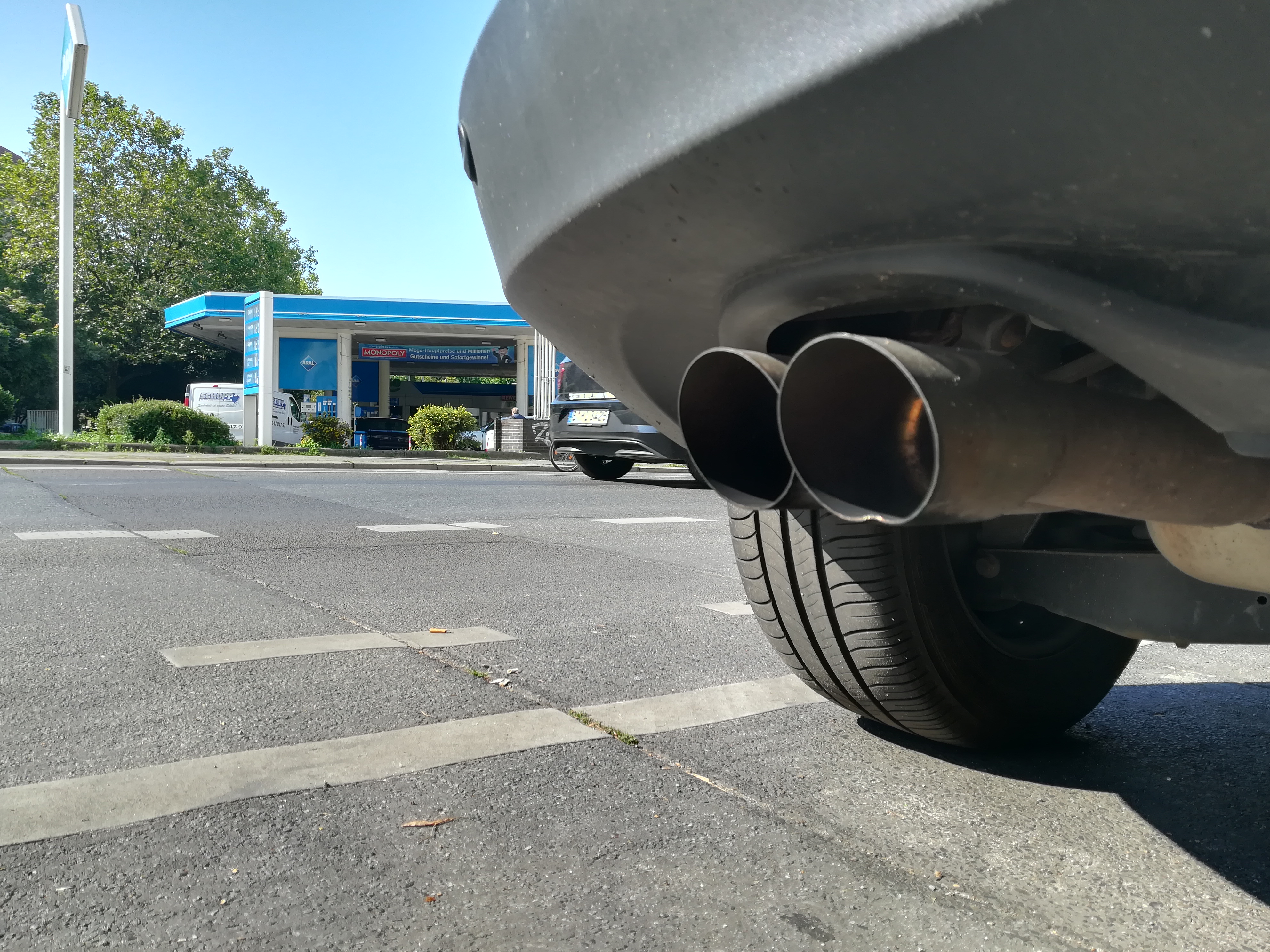Germany’s pick for transport minister signals cautious approach in “problem child” sector
The decision to make Patrick Schnieder Germany’s new transport minister has signalled that there will be little deviation from the country’s existing – but so far unsuccessful – approach to making the sector more climate friendly. Similar to previous transport ministers, the largely unknown Schnieder is a proponent of infrastructure improvements, but appears unlikely to kickstart the policy U-turn which leading government advisors say is necessary to clean up the sector.
Schnieder’s public statements and his policy record both reflect his rural and conservative background. A lawyer by training, Schnieder is a close ally of future chancellor Friedrich Merz. Before joining federal politics, he was a mayor in his native Eifel region in the west of the country. Most recently, Schnieder was one of several parliamentary secretaries of the conservative CDU/CSU group in the Bundestag.
Schnieder faces a tremendous challenge: He will have to ensure that the transport sector contributes to meeting the country’s climate targets in 2030 – the year following the end of the current legislative period. But after years of foot-dragging under previous governments, the mobility sector is lagging far behind in Germany’s landmark energy transition, risking the country’s self-image as a climate leader on the global stage. Germany's mobility sector is often branded the “problem child” of climate policy, as transport emissions have remained almost unchanged since the 1990s.

The 57-year old Schnieder, who is characterised as “a man of balance and soft tones” with a “calm and friendly manner” in media reports, is widely expected to favour the cautious transport policy approach of Germany’s recent transport ministers. His previous engagements in the sector mirror a traditional view of mobility, based on improving road and rail infrastructure. Schnieder has been a prominent advocate for closing a 25-kilometre gap in the A1 Autobahn in his home region. While environmental groups have criticised such highway expansions, Schnieder has argued that it would reduce detours and traffic congestion, thereby lowering CO₂ emissions.
Beyond highway construction, Schnieder supports the electrification and expansion of regional rail lines. However, he has made few public statements about broader climate transport goals, such as expanding e-mobility, tightening vehicle emissions standards, or reducing road traffic. In contrast, he defended the country’s plans for extensive road construction against "unjustified blanket criticism of road transport" in 2021.
The coalition agreement already signalled that the new government is likely to choose a cautious approach in the transition to climate-friendly mobility, as it agreed to continue the country’s landmark energy transition without major adjustments. Faced with economic stagnation and the geopolitical shake-up by the US, the coalition parties – the conservative CDU/CSU alliance and the Social Democrats (SPD) – put more emphasis on economic competitiveness than climate action.
In the brief section on transport policy, which was co-written by Schnieder, the treaty remains particularly vague. The new government plans new incentives for e-car purchases, including a programme for low-income households. It also committed to continue the popular flat rate public transport ticket, and vowed to increase rail investments. Support for walking and cycling also got a mention, but without specifics.
Schnieder’s conservatives aimed to reverse the 2035 EU combustion engine phaseout, but this target did not make it into the document – nor did a speed limit on Germany’s motorways, which was favoured by the Social Democrats. The target of 15 million electric cars on German roads, which was officially pursued by previous governments, was also no longer mentioned.
Given that the car industry directly employs around 800,000 people in Germany, the discussion about making transport climate-friendly is often restricted to electric cars. But the challenge requires a much broader view of mobility that includes offering attractive alternatives such as public transport, walking, and cycling. Germany is increasingly falling behind other European countries like France, the Netherlands, or Spain, which have surged ahead in promoting clean urban mobility through extensive cycling infrastructure and limiting car use.
Climate and infrastructure fund opens up new possibilities
Germany’s new 500-billion-euros fund for infrastructure and climate projects, which has already been agreed by parliament, gives Schnieder considerable financial leeway for infrastructure projects, such as the urgently needed modernisation of the railways. Germany’s railway operator Deutsche Bahn has already laid claims to almost one third of the entire 500-billion-euro fund. Many of Germany’s roads and bridges are also aging and require expensive modernisation.
“The new federal government will have more funds for infrastructure investment. This is very important for the transport sector,” said Wiebke Zimmer, deputy executive director of clean mobility think tank Agora Verkehrswende. “But here, too, it depends on the specific steps taken. The funds should be channelled specifically into projects that are compatible with the transformation to climate neutrality,” she told Clean Energy Wire.

